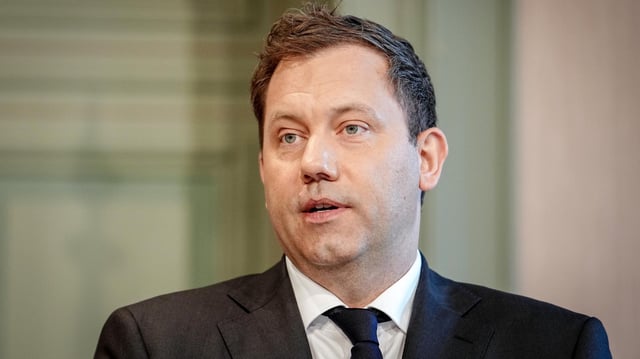Overview
- The finance ministry’s mid-term plan forecasts a €30bn shortfall in 2027 and a €172bn financing gap through 2029 despite €851bn of planned new borrowing
- Klingbeil said all options must remain available, targeting very high incomes and wealth alongside ministry savings, subsidy cuts and social-system reforms
- CDU/CSU figures such as Steffen Bilger and Markus Söder have rejected tax increases and insist on deeper spending cuts in areas including social welfare and migration
- Business associations and opposition parties warn that higher levies on top earners could deter investment and hurt economic growth, advocating a mix of restraint and growth measures
- Formal budget negotiations and cabinet discussions scheduled after the summer break are expected to centre on these divisions and determine the government’s consolidation strategy


